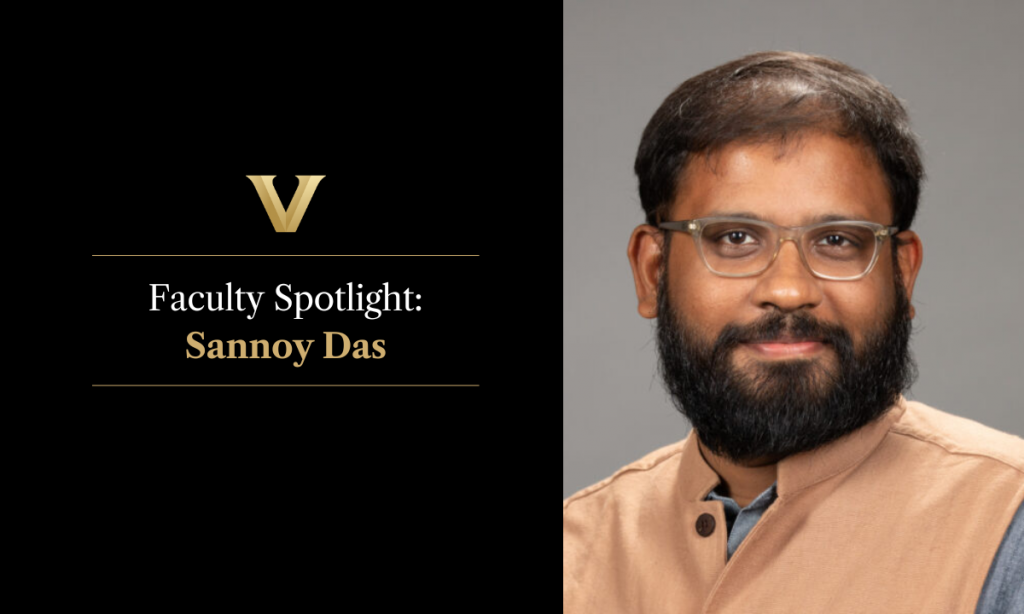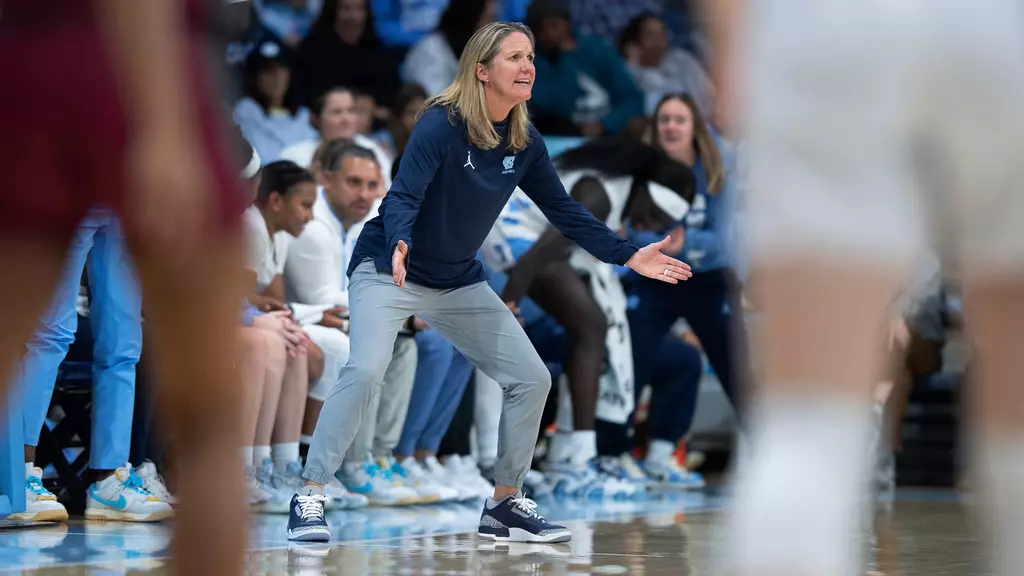
Dec 18, 2024, 3:28 PM
Professor Sannoy Das joined Vanderbilt Law School last summer. He received an interdisciplinary doctorate (S.J.D.) from Harvard Law School earlier this year. Sannoy previously taught as an Assistant Professor at Jindal Global Law School in India and as a Lecturer at Boston University. He has also litigated corporate, commercial, and constitutional cases at the High Court at Calcutta, India.
A Shift from Litigation to Academia
After a brief but enriching stint in litigation, Das realized that his intellectual curiosity required a different outlet. “I enjoyed my time in litigation,” he shared. “The interesting thing about doing litigation, especially where I was doing it in India, was that I saw a wide variety of cases. I’d litigate standard property disputes and big companies having disputes, to very meaningful constitutional cases as well.”
His transition to academia was influenced by personal and professional factors. “While I was practicing, I also thought I wouldn’t have the time to think about the very things that I see in a more sustained manner,” he explained. “People do things for love and family and joy, and I think those are much more important than some well thought out plan.”
Exploring Political Economy: What and Why?
Das’ research focuses on political economy, a field that examines the intersections of economic systems, politics, and governance. He credits his interest in the subject to personal experiences and global trends. “In 2014 in India, we had a shift in our regime. We went to an extreme right-wing government for the first time, and a couple of years later, here [in the U.S.] you had the election of Trump,” Das explained. “I was motivated largely by sympathy for… the sort of left-behind [people] of the world who decided that right-wing populism is their way to salvation.”
This motivation led him to explore the historical and intellectual foundations of political economy. Das describes the field as encompassing “political questions of entitlements, distribution, inequality, and so on,” while drawing on the work of thinkers like Adam Smith, David Ricardo, and Karl Marx. As for his research, Das explained, “I bring some insights from political and economic philosophy in order to reflect on why these modern structures of international economic law have fallen into crisis as they have over the last 10 years, and then from this kind of debris, what better and newer forms of international economic order are possible.”
Studying political economy for Das is about understanding and addressing inequality and disempowerment on a global scale. He argues that the “modern international economic order” has inflamed economic inequality and suffering across the world. “Jobs have been dislocated, people have felt disempowered, and people feel constrained, as if they have no freedom and no voice in their own governance,” he said.
Das’ research aims to uncover ways to build more equitable international systems that still maintain global cooperation. “We need a degree of internationalism, but we need a kind of internationalism that’s more equitable and less inequality-inducing than the one that we have been living under,” he asserted.
Teaching the Next Generation of Thinkers
Das approaches teaching with the reflective mindset that defines his research. “My aim is [not to] teach people the material, but more so ways of academic thinking—to think deeply about how we think, is my primary goal in life,” he said. He encourages students to examine their instincts and reactions, questioning the sources and mechanisms behind their thought processes—“the job of a scholar is to think carefully about these reactions in some way.”
In his international law classes, Das challenges misconceptions about the field, particularly the belief that international law lacks enforceability or relevance. For Das, understanding international law equips students with skills applicable to a broad range of professional contexts, including roles in government and international organizations. “The whole of our endeavor as international lawyers is to teach one of two things: why [international law is] meaningful as a legal system, and, if it is not a meaningful system, why do we think that, and what does that tell us about law in general?”
Address and Contact Info: 131 21st Ave. South
Nashville, TN 37203-1181
615-322-2615, Contact Us
Vanderbilt University’s Online Privacy Notice
Vanderbilt University is committed to the principle of equal opportunity. Vanderbilt University does not discriminate against individuals on the basis of their race, sex, sexual orientation, gender identity, religion, color, national or ethnic origin, age, disability, military service, or genetic information in its administration of educational policies, programs, or activities; admissions policies; scholarship and loan programs; athletic or other University-administered programs; or employment. Accessibility information. Vanderbilt®, Vanderbilt University® and the Vanderbilt logos are trademarks of The Vanderbilt University. Site Development: Digital Strategies (Communications and Marketing.) © 2024










